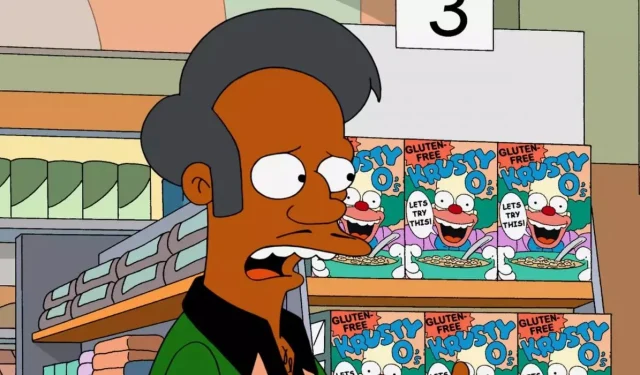The Simpsons Voice Actor Reflects on Apu Controversy
Hank Azaria, the renowned voice actor from The Simpsons, has provided insight into the controversy that prompted him to step away from voicing the character Apu. Since the show’s debut in 1989, Azaria has been an integral part of the cast, lending his voice to numerous iconic characters, including Apu Nahasapeemapetilon, the dedicated clerk of Springfield’s Kwik-E-Mart.
In a recent interview on the Pablo Torre Finds Out podcast, Azaria discussed the evolving circumstances that led to his retirement from portraying Apu in 2017. He reflected on the character’s origins, the portrayals that shaped Apu, and the broader implications of his character amid societal issues affecting South Asian communities.
That voice was based on a performance from a movie called The Party in the mid-60s where [Peter Sellers] played an Indian guy named Hrundi V. Bakshi in brownface. What’s the difference between Inspector Clouseau, a silly French voice, or Doctor Strangelove, a silly German voice, and Hrundi V. Bakshi, a rather silly Indian voice? And it’s a question I still get asked. People will say comments still to this day: “Why can you do Luigi and that’s not offensive? Why can you talk like Cletus and that’s not a problem, but you can’t do Apu? Right?”
Honestly, at first, I thought let me look into this, and then I’ll go back to doing the voice, and say I understand, but I’m going to keep doing this. And I was surprised that I came down on “No, actually, I think I am participating in a harm here.”
Well look, I’m not a hero, by the way. I got dragged to this, okay? And I couldn’t get out of it because I had this professional public decision to make. There were a few things that were linchpin moments in that decision. I’d say the main thing was, when hate crimes were perpetrated against Southern Asian people, a lot of times they were just called Apu; I became a slur when convenience store guys were stabbed or shot or robbed, you know. Especially when guys who were in more stereotypical professions were hated on physically and called Apu. That wasn’t great. That means it got away from us, something got away. Of course, we didn’t mean it that way. Yes, and we’re not to blame for people turning it into that kind of hate, but we did tee it up.
It was interesting. I did a movie once with a very talented vocal guy, and he would do sort of a Jewish voice, kind of a Jackie Mason voice. He knew I was Jewish, and he’d kid around with me this way. And this was a person who was famous for voices, and it didn’t bother me at all, as a Jewish person, that he would do this voice. But then I started thinking, “Well, what if this voice was the only- Apu was the only character on television or in any American pop culture for 20 years? That is the key part that Apu is what they had, for better or for worse. And I started thinking, “Well, what if this was the only voice in American pop culture for Jews?”And every time, you know, people just ask “Hey, do you talk like this? Does your father talk like this?”I probably wouldn’t love that.
There’s all this other stereotyping and things that have teeth in them that affect people of color in this country. So, while Apu might not be the most important thing in the world, it’s a window into something quite important.
https://www.youtube.com/watch?v=9rnyMXm1ThQ
Implications for The Simpsons
A Complex Legacy for Apu
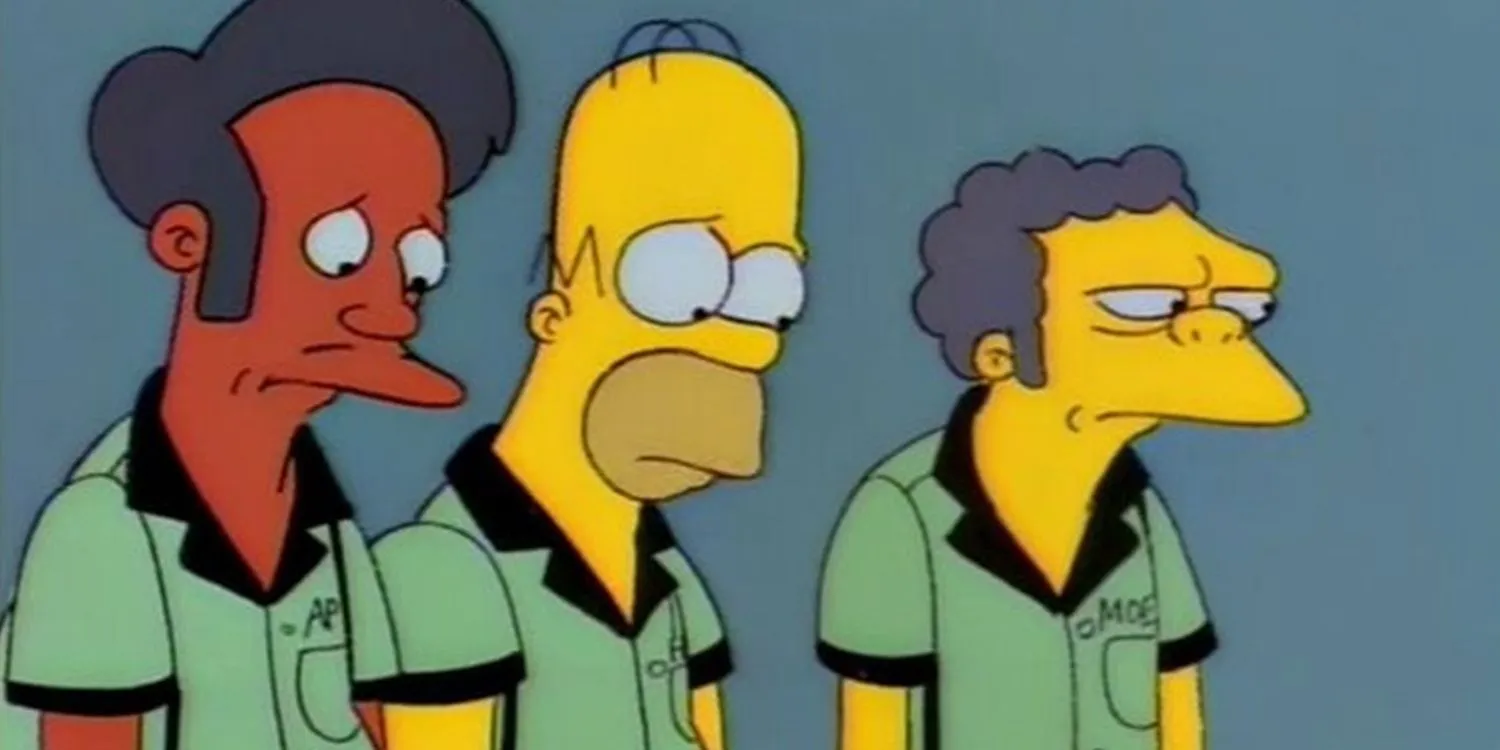
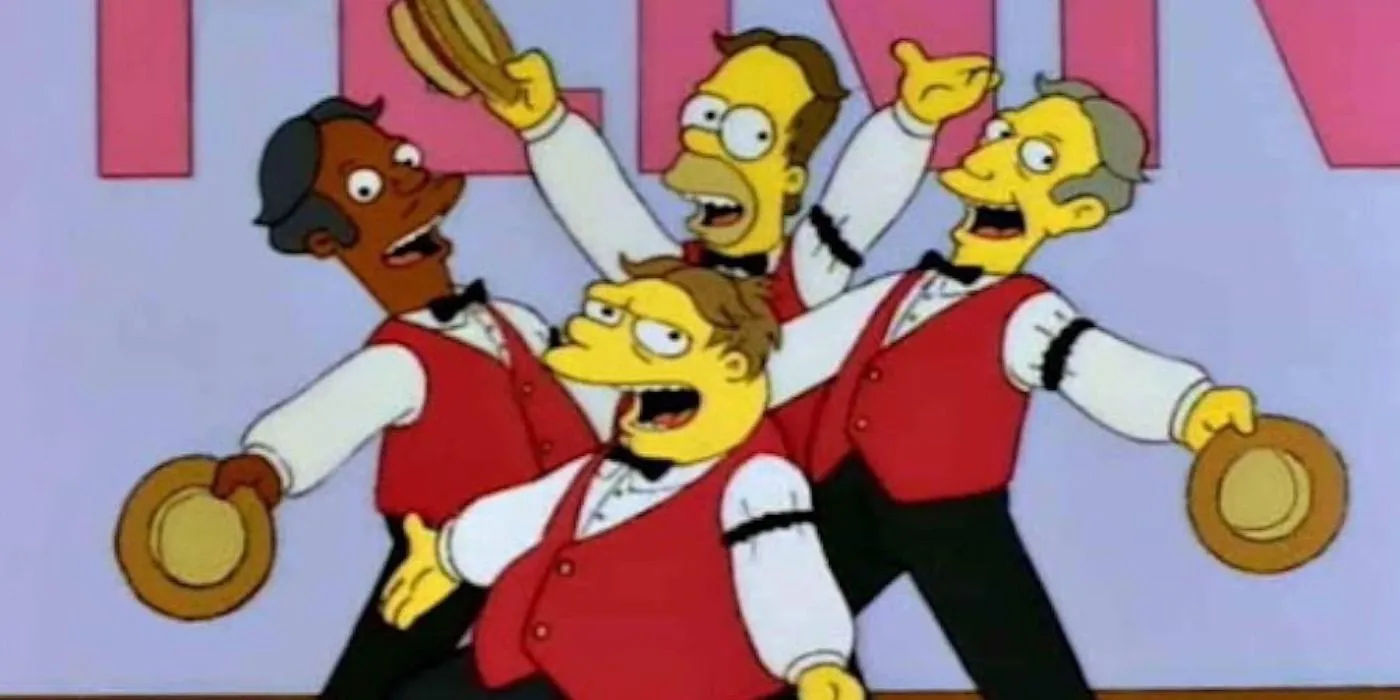
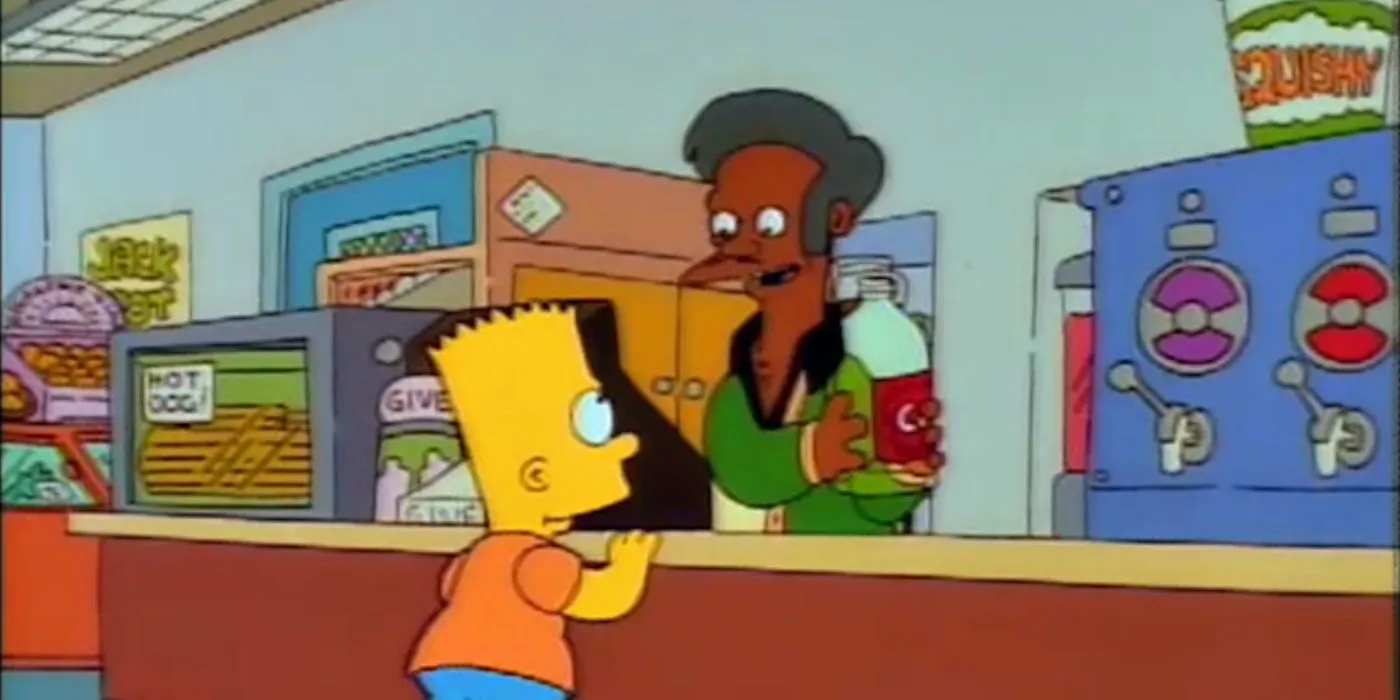
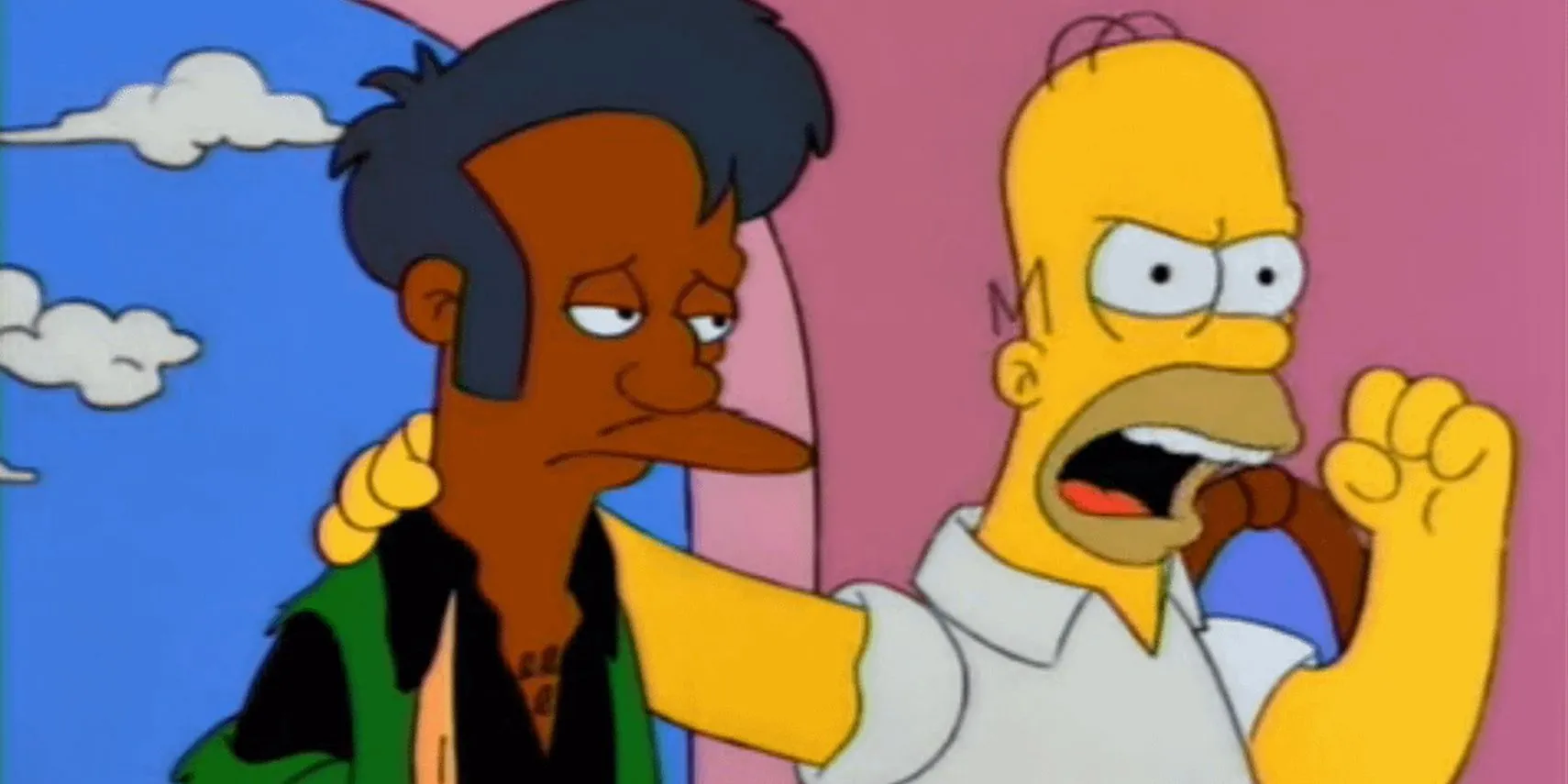
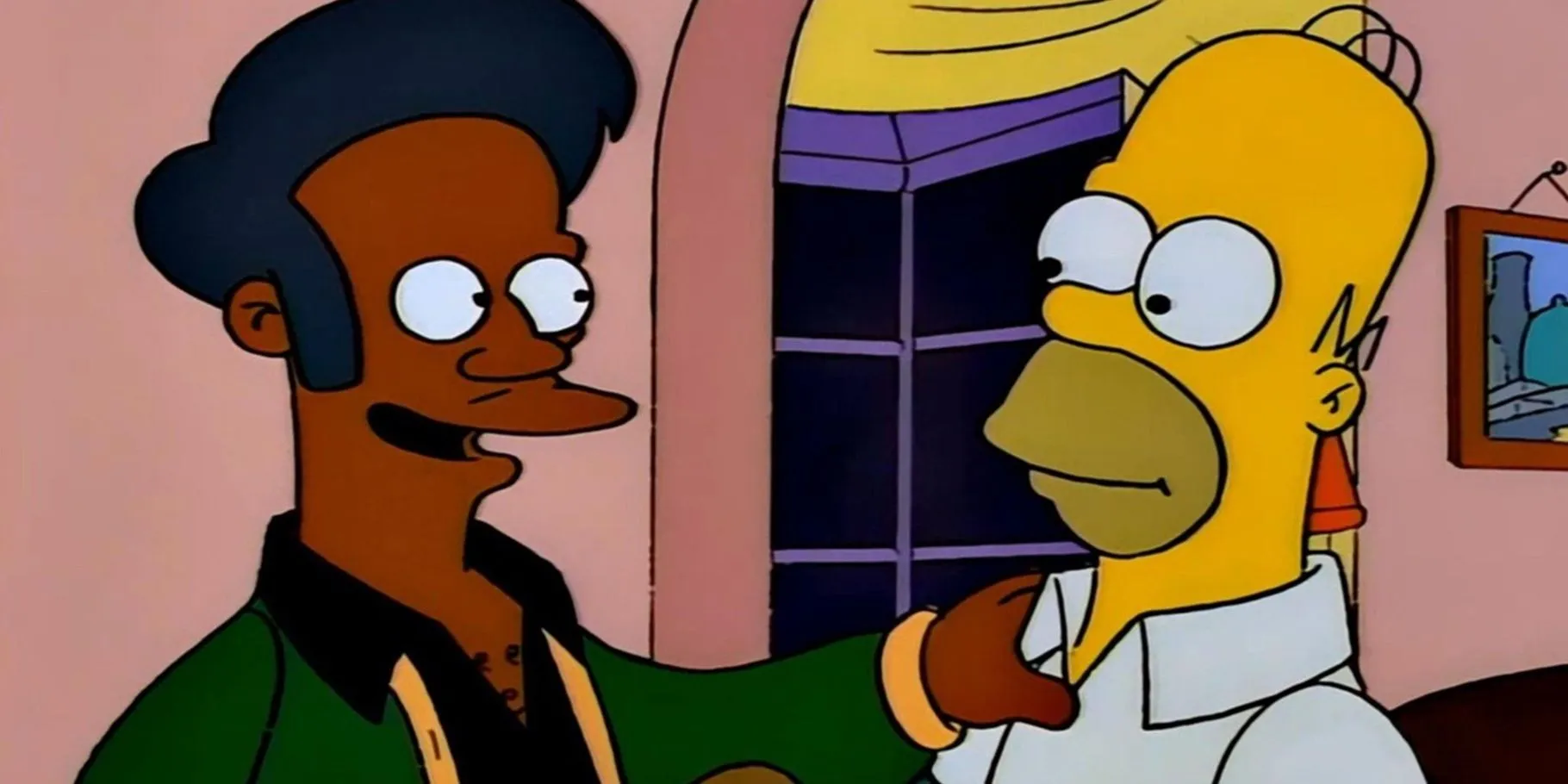
Apu has become one of the most recognized and multifaceted characters from The Simpsons, showcasing the trials and triumphs of running the Kwik-E-Mart. His character’s narrative revolves around immigrant struggles and narratives, particularly when he faces challenges imposed by Springfield’s mayor to belittle his contributions to the community. Alongside his wife, Manjula, Apu juggles the responsibilities of raising eight children, allowing viewers to connect with both his challenges and his endearing qualities.
Despite being a cherished character, Apu’s representation has drawn criticism about how it shapes societal attitudes toward South Asian communities. This scrutiny intensified following the release of comedian Hari Kondabolu’s 2017 documentary, The Problem With Apu, which catalyzed discussions around racial stereotypes in animation, affecting how characters are portrayed across the industry. Azaria, who previously had minimal awareness of these impacts, has since shown a commitment to addressing these concerns meaningfully.
Reflections on Apu: A Turning Point
Impact on the Animation Industry
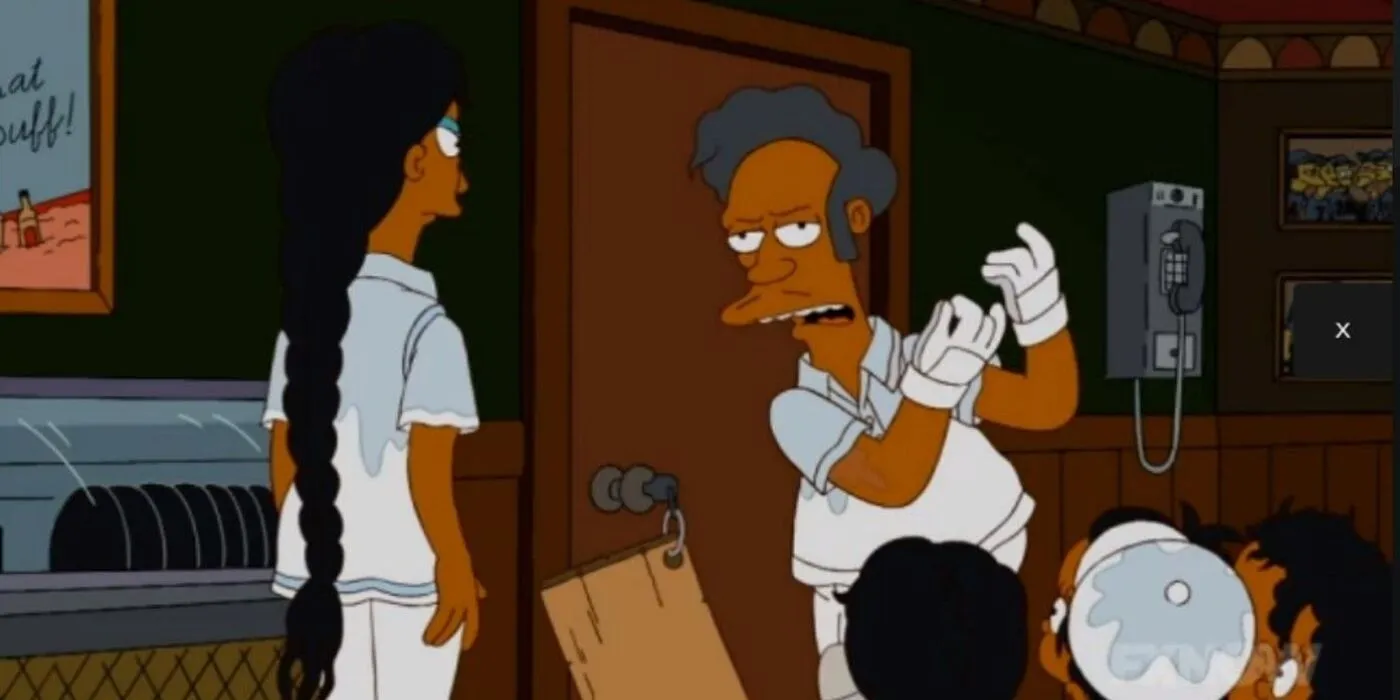
The discussions surrounding Apu have signaled a significant shift not only for The Simpsons but also across the greater animation community. Productions are now reevaluating their casting decisions pertaining to non-white characters, striving for more thoughtful and authentic representation. Following Azaria’s departure from voicing Apu, there have been efforts from various actors to step away from roles that perpetuate harmful stereotypes. While the industry faces criticism for its past portrayals, Azaria and his colleagues are taking steps to heal and address the existing damage, representing progress in the ongoing conversation about race and representation in media.
Source: Pablo Torres Finds Out/YouTube
